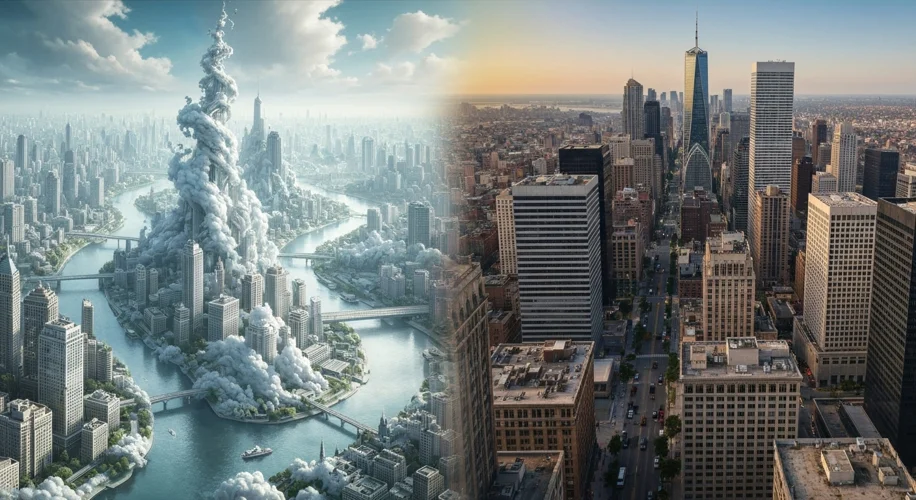Did you know that Earth is actually getting greener? It sounds counterintuitive, especially when we talk about climate change. But satellite data shows increased plant growth across landmasses. More greenery means more photosynthesis, which is fantastic for absorbing carbon dioxide from our atmosphere. It’s like our planet is trying to heal itself, putting on a fresh coat of green paint.
I remember looking at global vegetation maps during my atmospheric science studies at MIT. Seeing those shifts, the expansion of leafy areas, was truly fascinating. It’s a testament to nature’s resilience and its ability to adapt. However, this good news on land comes with a starkly different story unfolding in our oceans.
While the land is blooming, the lifeblood of our planet – the oceans – is facing a significant decline in biological production. This means less life, fewer phytoplankton, and a less robust marine ecosystem. Think of the oceans as Earth’s heart; if that heart is struggling, the entire body is affected.
This contrast is a direct consequence of our changing climate. Rising ocean temperatures, increased acidity from absorbed CO2, and changing currents all impact marine life. Phytoplankton, the microscopic plants that form the base of the ocean food web and produce a significant portion of the oxygen we breathe, are particularly sensitive to these changes. Their decline has a ripple effect throughout the entire marine ecosystem, from the smallest krill to the largest whales.
Why is this happening? Well, climate change affects the ocean in multiple ways. Warmer waters can reduce nutrient mixing, making it harder for phytoplankton to thrive. Ocean acidification, caused by the absorption of excess carbon dioxide, makes it difficult for many marine organisms, including corals and shellfish, to build their shells and skeletons.
This interconnectedness is what I’m so passionate about. The health of our land and our oceans isn’t separate; it’s deeply linked. The increased plant life on land is wonderful, but it doesn’t negate the serious challenges our oceans are facing. If anything, it highlights how climate change is a complex issue with varied impacts across different environments.
This imbalance also has significant implications for communities around the world, particularly those who rely on the ocean for their livelihood and food security. Coastal communities, many of which are already disproportionately affected by environmental changes, face increased challenges as fish stocks decline and marine ecosystems weaken.
It’s a reminder that when we talk about climate change, we need to look at the whole picture. We need to celebrate the positive signs, like increased land greenness, but we also must confront the harsh realities, like the decline in ocean life. Understanding these connections is the first step towards finding effective, holistic solutions. It’s a journey we’re all on together, and it’s crucial we stay informed and engaged.

